-
 Bitcoin
Bitcoin $120100
1.16% -
 Ethereum
Ethereum $4329
2.25% -
 XRP
XRP $3.192
-0.22% -
 Tether USDt
Tether USDt $1.000
-0.01% -
 BNB
BNB $805.2
0.47% -
 Solana
Solana $178.7
-1.85% -
 USDC
USDC $0.9998
0.00% -
 Dogecoin
Dogecoin $0.2305
-1.62% -
 TRON
TRON $0.3445
1.17% -
 Cardano
Cardano $0.7940
-1.28% -
 Hyperliquid
Hyperliquid $44.44
-1.20% -
 Chainlink
Chainlink $21.86
-2.42% -
 Stellar
Stellar $0.4423
-0.15% -
 Sui
Sui $3.728
-3.84% -
 Bitcoin Cash
Bitcoin Cash $584.8
2.19% -
 Hedera
Hedera $0.2524
-2.87% -
 Ethena USDe
Ethena USDe $1.001
-0.02% -
 Avalanche
Avalanche $23.66
-0.78% -
 Litecoin
Litecoin $124.5
0.39% -
 Toncoin
Toncoin $3.399
1.77% -
 UNUS SED LEO
UNUS SED LEO $9.002
-0.44% -
 Shiba Inu
Shiba Inu $0.00001327
-2.10% -
 Uniswap
Uniswap $11.42
2.58% -
 Polkadot
Polkadot $3.957
-2.50% -
 Cronos
Cronos $0.1696
4.50% -
 Dai
Dai $1.000
0.00% -
 Ethena
Ethena $0.8139
3.04% -
 Bitget Token
Bitget Token $4.442
-0.38% -
 Monero
Monero $271.2
2.93% -
 Pepe
Pepe $0.00001168
-2.91%
How does a perpetual contract simulate transactions in the spot market?
Perpetual contracts, unlike spot trading, allow traders to maintain positions indefinitely without an expiration date, enabling them to wager on future price movements.
Feb 21, 2025 at 02:30 am
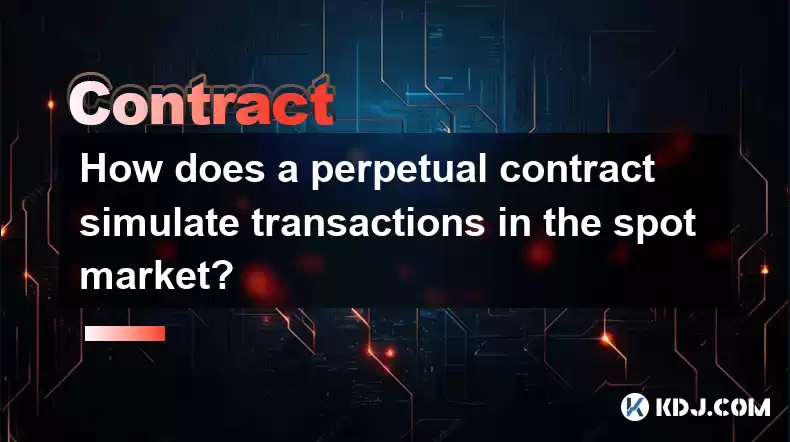
Key Points:
- Understanding the concept of a perpetual contract
- Similarities and differences between perpetual contracts and spot trading
- The mechanics of perpetual contract trading
Detailed Explanation:
1. Defining Perpetual Contracts
- Perpetual contracts are futures contracts that lack an expiration date, allowing traders to maintain positions indefinitely.
- They are traded on decentralized exchanges and use the underlying assets (e.g., BTC, ETH) as collateral.
2. Similarities with Spot Trading
- Traded assets: Perpetual contracts are based on the same underlying assets (e.g., BTC) as spot markets.
- Price discovery: Prices in perpetual markets are determined similarly to spot markets, reflecting the supply and demand of the underlying asset.
- Trading hours: Perpetual contracts offer 24/7 trading, similar to spot trading.
3. Differences from Spot Trading
- Settlement: In spot trading, contracts are settled immediately with the exchange of the underlying assets. In perpetual contracts, there is no physical settlement; instead, positions are marked-to-market.
- Leverage: Perpetual contracts offer high leverage, allowing traders to control large positions with a small amount of capital.
- Funding rate: Perpetual contracts charge a funding rate, a small periodic fee paid by positions with higher leverage to those with lower leverage. This incentivizes liquidity providers to maintain balanced positions.
4. Mechanics of Perpetual Contract Trading
- Opening a position: Traders select the desired contract, the leverage they wish to use, and the direction they want to trade (long or short).
- Managing the position: Traders can adjust the position size, leverage, or use stop-loss and take-profit orders to manage risk.
- Funding rate payments: Funding rates are automatically applied to open positions. Traders with long positions (i.e., higher leverage) pay funding rates to traders with short positions (i.e., lower leverage).
- Closing the position: Traders can exit their position by placing a sell or buy order of equal size to their open position.
FAQs:
Q: What are the benefits of trading perpetual contracts?
A: Perpetual contracts offer leverage, allowing traders to amplify returns. They also have tight spreads and provide continuous price discovery.
Q: What are the risks of trading perpetual contracts?
A: Leverage can magnify both profits and losses. High funding rates can add additional costs. It is crucial to manage risk effectively and maintain sound trading strategies.
Q: How do I choose the right perpetual contract?
A: Consider the underlying asset, liquidity, funding rate, and exchange reputation. Determine the leverage you are comfortable with and select a contract that aligns with your trading strategy.
Q: Are perpetual contracts suitable for all traders?
A: Due to the high leverage and potential risks, perpetual contracts are best suited for experienced traders with a deep understanding of the cryptocurrency market. Beginners should approach them with caution and consider seeking professional guidance.
Disclaimer:info@kdj.com
The information provided is not trading advice. kdj.com does not assume any responsibility for any investments made based on the information provided in this article. Cryptocurrencies are highly volatile and it is highly recommended that you invest with caution after thorough research!
If you believe that the content used on this website infringes your copyright, please contact us immediately (info@kdj.com) and we will delete it promptly.
- Bitcoin, Solana, MAGACOIN FINANCE: Navigating the 2025 Crypto Landscape
- 2025-08-12 00:30:13
- Cardano, ADA Holders, and Layer Brett: A Meme Coin with Real Utility?
- 2025-08-12 00:50:12
- Bitcoin, Michael Saylor, and Savvy Investors: A New Era of Digital Assets
- 2025-08-12 00:30:13
- Crypto Presales in 2025: Spotting the Next Big Thing with Analyst Insights
- 2025-08-12 00:50:12
- Cloud Mining in 2025: Bitcoin, Litecoin, and the Quest for Passive Income
- 2025-08-12 00:55:32
- Token Security, Agentic AI, Cybersecurity Guide: Navigating the New Frontier
- 2025-08-11 23:00:12
Related knowledge
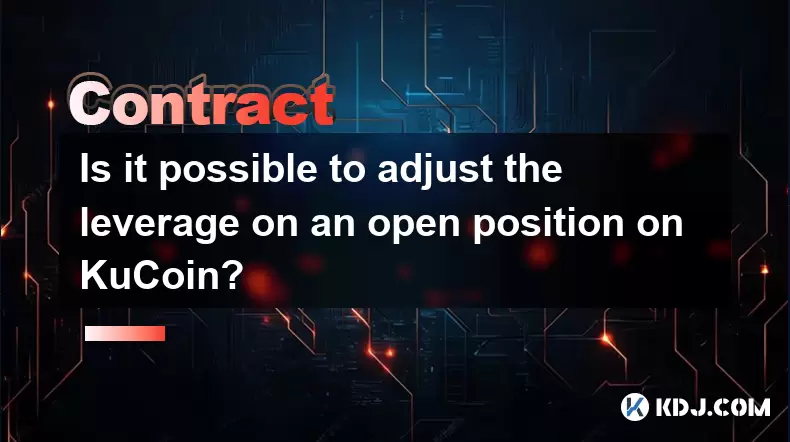
Is it possible to adjust the leverage on an open position on KuCoin?
Aug 09,2025 at 08:21pm
Understanding Leverage in KuCoin Futures TradingLeverage in KuCoin Futures allows traders to amplify their exposure to price movements by borrowing fu...
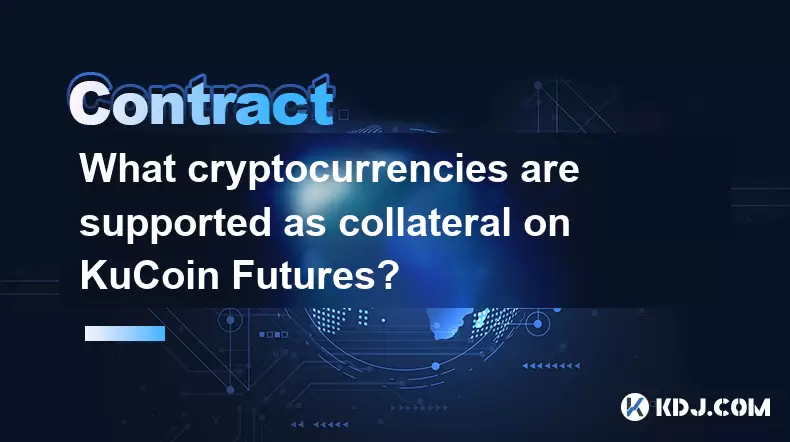
What cryptocurrencies are supported as collateral on KuCoin Futures?
Aug 11,2025 at 04:21am
Overview of KuCoin Futures and Collateral MechanismKuCoin Futures is a derivatives trading platform that allows users to trade perpetual and delivery ...
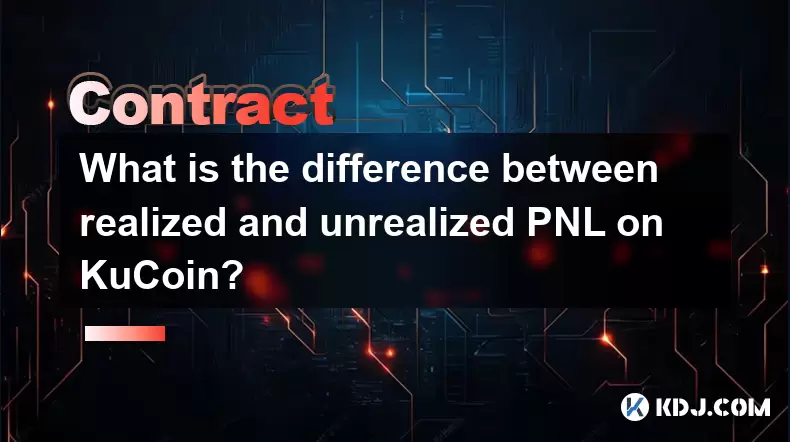
What is the difference between realized and unrealized PNL on KuCoin?
Aug 09,2025 at 01:49am
Understanding Realized and Unrealized PNL on KuCoinWhen trading on KuCoin, especially in futures and perpetual contracts, understanding the distinctio...
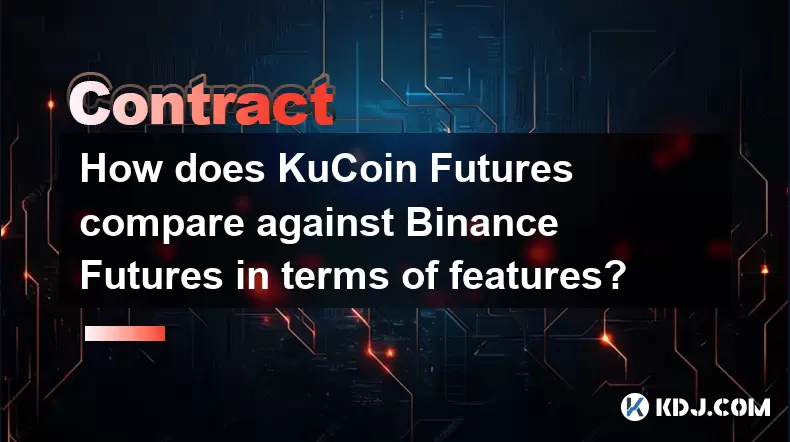
How does KuCoin Futures compare against Binance Futures in terms of features?
Aug 09,2025 at 03:22am
Trading Interface and User ExperienceThe trading interface is a critical component when comparing KuCoin Futures and Binance Futures, as it directly i...
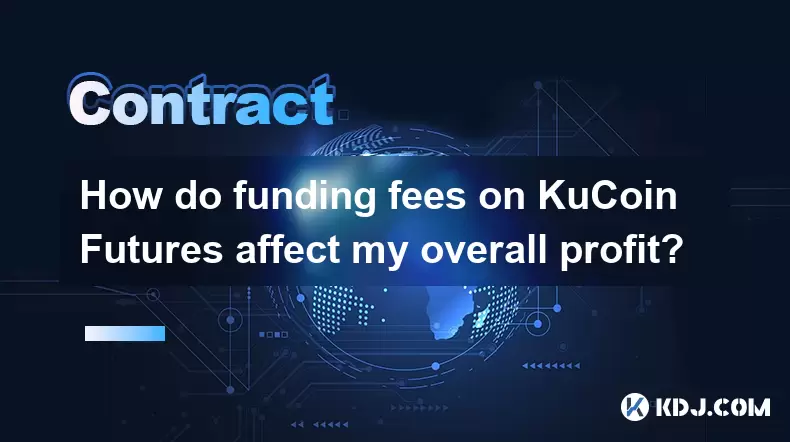
How do funding fees on KuCoin Futures affect my overall profit?
Aug 09,2025 at 08:22am
Understanding Funding Fees on KuCoin FuturesFunding fees on KuCoin Futures are periodic payments exchanged between long and short position holders to ...
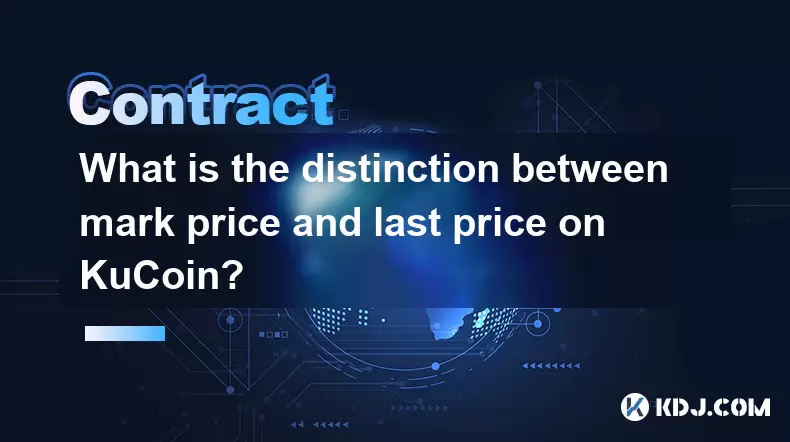
What is the distinction between mark price and last price on KuCoin?
Aug 08,2025 at 01:58pm
Understanding the Basics of Price in Cryptocurrency TradingIn cryptocurrency exchanges like KuCoin, two key price indicators frequently appear on trad...

Is it possible to adjust the leverage on an open position on KuCoin?
Aug 09,2025 at 08:21pm
Understanding Leverage in KuCoin Futures TradingLeverage in KuCoin Futures allows traders to amplify their exposure to price movements by borrowing fu...

What cryptocurrencies are supported as collateral on KuCoin Futures?
Aug 11,2025 at 04:21am
Overview of KuCoin Futures and Collateral MechanismKuCoin Futures is a derivatives trading platform that allows users to trade perpetual and delivery ...

What is the difference between realized and unrealized PNL on KuCoin?
Aug 09,2025 at 01:49am
Understanding Realized and Unrealized PNL on KuCoinWhen trading on KuCoin, especially in futures and perpetual contracts, understanding the distinctio...

How does KuCoin Futures compare against Binance Futures in terms of features?
Aug 09,2025 at 03:22am
Trading Interface and User ExperienceThe trading interface is a critical component when comparing KuCoin Futures and Binance Futures, as it directly i...

How do funding fees on KuCoin Futures affect my overall profit?
Aug 09,2025 at 08:22am
Understanding Funding Fees on KuCoin FuturesFunding fees on KuCoin Futures are periodic payments exchanged between long and short position holders to ...

What is the distinction between mark price and last price on KuCoin?
Aug 08,2025 at 01:58pm
Understanding the Basics of Price in Cryptocurrency TradingIn cryptocurrency exchanges like KuCoin, two key price indicators frequently appear on trad...
See all articles

























































































